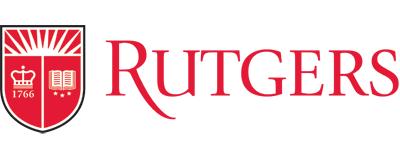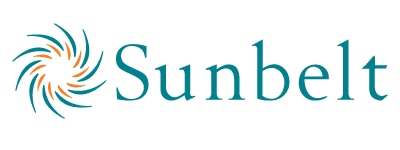About Job
Position Details
Specialty services include the New Jersey suicide prevention helpline and peer help lines for police, veterans, active military, teachers, mothers of special needs children and child protective service workers. In FY2016, UBHC treated 16,199 consumers, had 24,502 admissions, and touched the lives of 19,441 individual callers through peer support. In addition, UBHC is the primary mental health training resource for the New Jersey departments of Human Services, Children and Families, and Corrections, delivering 16,000 trainings each year.
The Peer Support Specialist provides engagement, support, and assessment for callers that meet quality and quantity standards. Performs functions in support of the Unit’s mission of providing streamlined, prompt, and “customer friendly” services. Receives telephone, chat and/or text requests for service, undertakes assessment of the service need of the client, and responds by offering peer support and appropriate referrals or disposition. Demonstrates competency in recognizing the unique needs of clients and applying relevant assessment and support skills with regard to a wide range of issues.
Among the key duties of this position are the following:
- Interacts with client in a therapeutic manner.
- Uses his/her own experiences with recovery as a vehicle to establish rapport and relationship building with the client.
- Models for callers good communication skills, recovery-oriented living skills, effective coping skills, and self-help strategies as observed by supervisor and as indicated by feedback from clients and team members.
- Assist clients in identifying their personal recovery goals, assists in setting objectives for each goal, and determines interventions to be used based on the client’s recovery/life goals.
- Develops and maintains a relationship with clients so that he/she can identify emotional, psychiatric or behavioral changes which may require further intervention or treatment. Helps the client effectively address the problem, and/or refers the client to the appropriate clinical staff as observed by supervisor and as indicated by feedback from clients, third parties, and team members.
- Advocates for appropriate resources for client based on assessed needs as measured by supervisory observation.
- Medical, prescription drug, and dental coverage
- Paid vacation, holidays, and various leave programs
- Competitive retirement benefits, including defined contribution plans and voluntary tax-deferred savings options
- Employee and dependent educational benefits (when applicable)
- Life insurance coverage
- Employee discount programs
- High School diploma or equivalent.
- Four (4) years of full-time experience in the mental health care field.
- Be a self-identified current or former user of mental health or co-occurring services who has personal experience and knowledge of recovery and has a minimum of one (1) year of experience supporting others.
- Knowledge about psychosocial rehabilitation and the recovery model is essential.
- Be able to work independently and as a member of a team.
- Be able to work evenings, weekends and holidays.
- Must have willingness to learn and teach.
- Be able to use computer to record services or be willing to learn.
- Bachelor’s Degree in a social or mental health setting preferred.
- Peer training certification preferred.
- Frequent prolonged sitting. Frequent listening and talking in groups as well as on the telephone.
- Lifting up to 20 lbs.
- Handles phone requests under time and decision-making pressure.
- Generally pleasant working conditions in a clean, well-lighted, and quiet to moderately loud setting.
- Crisis intervention is a common occurrence.
Under Policy 100.3.1 Immunization Policy for Covered Individuals, if employment will commence during Flu Season, Rutgers University may require certain prospective employees to provide proof that they are vaccinated against Seasonal Influenza for the current Flu Season, unless the University has granted the individual a medical or religious exemption. Additional infection control and safety policies may apply. Prospective employees should speak with their hiring manager to determine which policies apply to the role or position for which they are applying. Failure to provide proof of vaccination for any required vaccines or obtain a medical or religious exemption from the University will result in rescission of a candidate’s offer of employment or disciplinary action up to and including termination.
Professional Field
 Other Behavioral, Mental, or Healthcare Field
Other Behavioral, Mental, or Healthcare Field Peer Specialist
Peer Specialist









